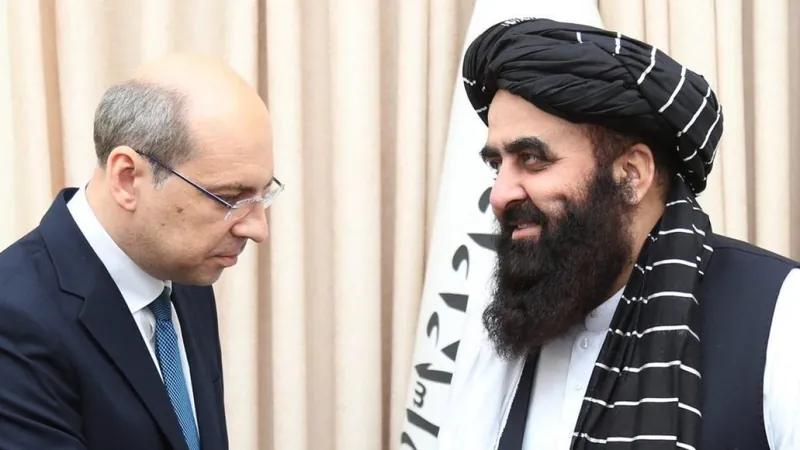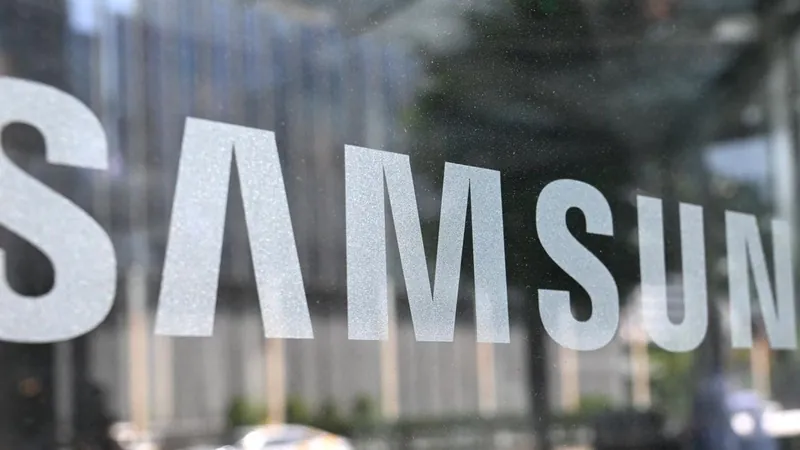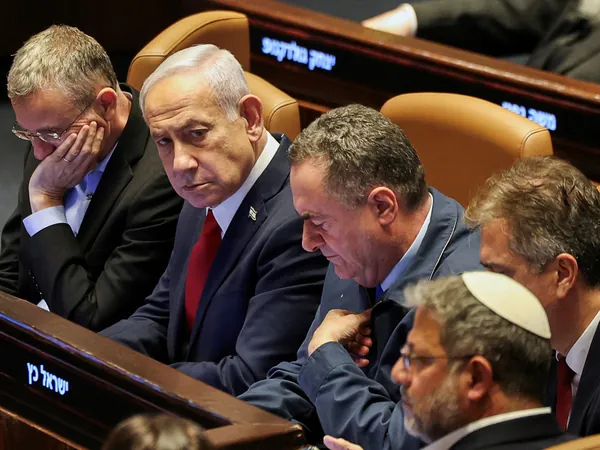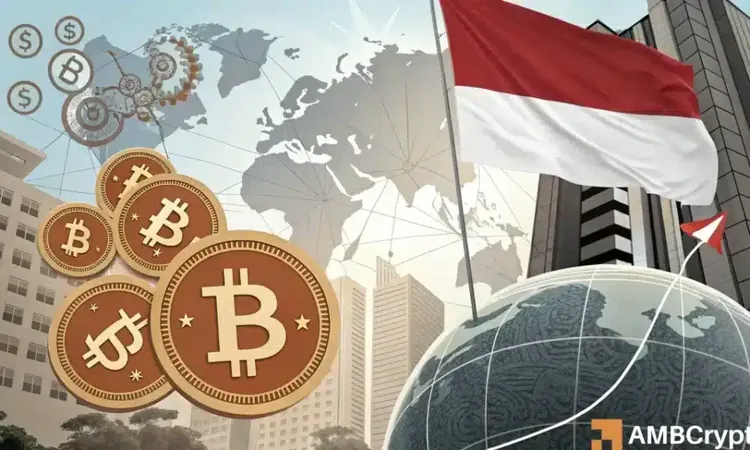
Russia Makes Bold Move: First Nation to Recognize Taliban Government—Is a Global Shift Around the Corner?
2025-07-04
Author: Michael
In a surprising political twist, Russia has officially recognized the Taliban government in Afghanistan, marking a historic departure from its previously hostile stance. This milestone comes after a series of quiet engagements since the Taliban seized control in August 2021, leaving many to wonder which countries might follow suit.
Russia's Historic Recognition: What’s At Stake?
The Russian Ministry of Foreign Affairs has stated that this recognition paves the way for deeper bilateral cooperation with Afghanistan, including potential partnerships in energy, transportation, agriculture, and infrastructure. This marks the first time a nation has formally acknowledged the Taliban's authority since they toppled the previous government.
The Taliban's Gracious Response
In light of Moscow's announcement, Afghan Foreign Minister Amir Khan Muttaqi expressed gratitude, calling it a 'courageous step' that could encourage other nations to follow. This reflects the Taliban's ongoing efforts to gain international legitimacy and rebuild relations.
The Long and Tumultuous History
The relationship between Russia and Afghanistan has been rocky, to say the least. It began with the Soviet invasion in 1979, leading to a bitter decade-long conflict. Over the years, Russia shifted its approach, especially as it began to view the rising threat of ISIS-Khorasan (ISIS-K) in the region.
More recently, Russia's stance has evolved dramatically. Following a Taliban delegation's attendance at Russia's economic forums and growing threats from ISIS-K, President Putin declared the group 'allies in the fight against terrorism.' This culminated in Russia lifting the Taliban's 'terrorist' label earlier this year.
Global Players: Who’s Engaging with the Taliban?
While the international community still refrains from officially recognizing the Taliban, several countries have been engaging with them diplomatically. China has consistently sought ties, evidenced by major investments like a 25-year oil extraction contract. Pakistan, once a chief supporter, now grapples with strained relations over cross-border terrorism.
India's past antagonism has softened, as it reopened its embassy and initiated dialogues. Meanwhile, Iran, previously adversarial, has silently engaged with the Taliban, citing shared concerns over ISIS-K.
Future Implications: Who Else Might Follow?
Experts suggest that Russia's recognition could embolden other nations, particularly in Central Asia and beyond, to reevaluate their stances. As Kabir Taneja of the Observer Research Foundation explains, many countries may not have much choice but to collaborate with the Taliban, given the changing geopolitical landscape.
This move could resonate throughout the region, fundamentally altering diplomatic ties and potentially leading to a wave of recognition—one that the Taliban desperately seeks in its efforts to solidify its power and legitimacy on the world stage.









 Brasil (PT)
Brasil (PT)
 Canada (EN)
Canada (EN)
 Chile (ES)
Chile (ES)
 Česko (CS)
Česko (CS)
 대한민국 (KO)
대한민국 (KO)
 España (ES)
España (ES)
 France (FR)
France (FR)
 Hong Kong (EN)
Hong Kong (EN)
 Italia (IT)
Italia (IT)
 日本 (JA)
日本 (JA)
 Magyarország (HU)
Magyarország (HU)
 Norge (NO)
Norge (NO)
 Polska (PL)
Polska (PL)
 Schweiz (DE)
Schweiz (DE)
 Singapore (EN)
Singapore (EN)
 Sverige (SV)
Sverige (SV)
 Suomi (FI)
Suomi (FI)
 Türkiye (TR)
Türkiye (TR)
 الإمارات العربية المتحدة (AR)
الإمارات العربية المتحدة (AR)